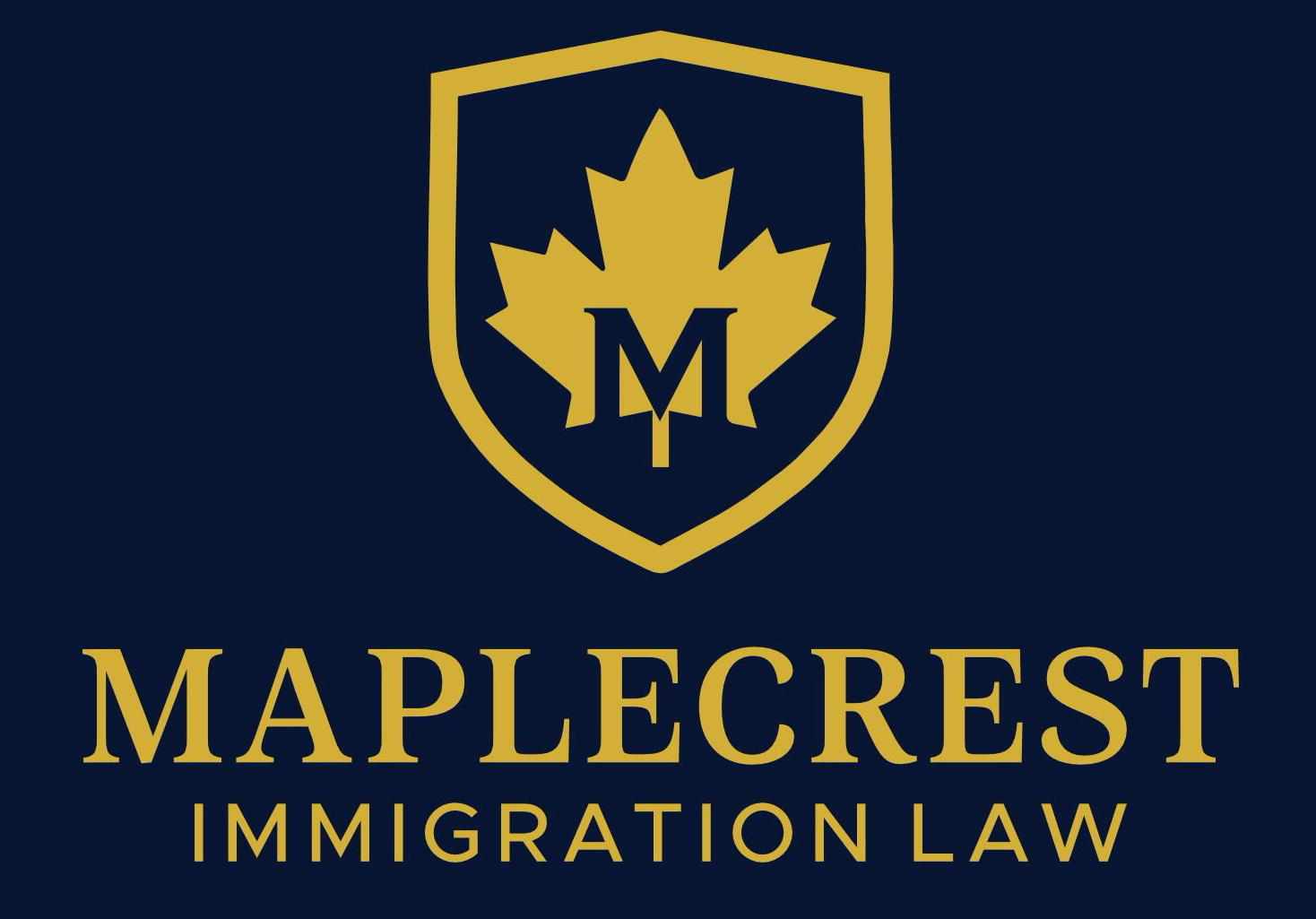Canada’s immigration system is known for being rule-bound and highly procedural. But for many temporary resident applicants—whether for a visitor visa, work permit, or study permit—refusals often come with little to no explanation.
That gap in communication leaves applicants confused, uncertain, and frustrated. But a major shift took effect on July 29, 2025: Immigration, Refugees and Citizenship Canada (IRCC) has started attaching officer decision notes directly to some refusal letters.
This added transparency is a long-awaited improvement, but it doesn’t replace the need for GCMS Notes, which remain the most comprehensive insight into how IRCC evaluates applications.
These notes serve as critical documentation for both refused and pending cases—and remain essential for those seeking detailed information on processing decisions or preparing a reapplication.
IRCC Now Includes Officer Decision Notes in Refusals
Applicants receiving refusals for certain types of temporary applications will now automatically receive short, written notes from the visa officer who reviewed the file.
These officer decision notes offer specific reasons for the refusal something IRCC’s default refusal letters often fail to explain.
As of now, these notes are only provided for:
-
Temporary Resident Visa (TRV) applications (excluding eTAs and Temporary Resident Permits)
-
Visitor records
-
Study permits
-
Work permits, including extension requests
Importantly, officer decision notes are not yet available to those who applied using the new IRCC Portal, and they do not apply to permanent residence applications.
IRCC sends both the refusal letter and officer notes directly to the applicant—or to their authorized representative—without any action needed from the applicant. No separate request is required.
However, IRCC has clarified it may redact sensitive sections of the notes in cases involving security, privacy, or legal concerns.
GCMS Notes Still Offer the Full Picture
While officer notes bring some clarity, Global Case Management System (GCMS) notes provide a much deeper look into the reasoning behind IRCC decisions.
These internal records contain a full trail of the immigration officer’s review, all processing updates, and comments added throughout the application cycle.
GCMS notes are especially useful for:
-
Understanding why an application was refused
-
Identifying missing documents or incorrect entries
-
Preparing a stronger reapplication
-
Challenging or appealing IRCC decisions
Unlike the new officer notes, you must request GCMS notes through an Access to Information and Privacy (ATIP) request.
What Are GCMS Notes?
GCMS notes are the official internal records that IRCC maintains for each immigration file. These notes are logged into the Global Case Management System, a centralized database used by IRCC and the Canada Border Services Agency (CBSA).
GCMS notes include:
-
Officer comments and decision-making rationale
-
Assessment of eligibility, admissibility, and background checks
-
Processing timelines and internal communications
-
Any flagged concerns or areas of review
They are often the only way to understand what IRCC actually looked at—and what it missed.
Who Can Request GCMS Notes?
Only individuals in Canada or those with legal status as citizens or permanent residents can make direct ATIP requests. This means applicants outside Canada need to appoint a representative.
Here’s a breakdown of who can access GCMS notes:
| Eligibility | Requirement |
|---|---|
| Canadian citizens | Request directly via ATIP |
| Permanent residents | Request directly via ATIP |
| Foreign nationals outside Canada | Must use a Canadian representative and provide a signed consent form |
A Canadian-based lawyer, family member, or authorized agency like Maple Crest Immigration Law Firm can act as your representative and handle the process on your behalf.
When Can You Request GCMS Notes?
You can only request GCMS notes after your application passes the R-10 completeness check. This is an internal IRCC review that confirms all required documents were submitted.
Requesting notes too early (before R-10) may result in incomplete information. Most applicants wait until:
-
They’ve received a decision and want to know why it was refused
-
They suspect delays or lack of movement in processing
-
They plan to reapply and want to fix past mistakes
GCMS notes serve as a critical tool for re-strategizing, especially for study and work permit applicants denied for reasons not clearly explained in the refusal letter.
How to Request GCMS Notes
The process of requesting GCMS notes is straightforward, but must follow formal steps:
1. Gather Required Details
Make sure you have the following:
-
Full name
-
Date of birth
-
Application number
-
UCI (Universal Client Identifier)
-
Type of application submitted
-
Consent form (if using a representative)
2. Submit ATIP Request
You can do this:
-
Online through IRCC’s ATIP portal
-
By mail using a paper form and payment
3. Pay the Application Fee
-
$5 CAD, payable online or by check/money order (for mail requests)
Once submitted, IRCC or CBSA has 30 days to respond, though complex cases may take longer. If no response comes within the timeline, you or your representative can file a follow-up.
GCMS Notes vs Officer Decision Notes: Key Differences
| Feature | Officer Decision Notes | GCMS Notes |
|---|---|---|
| Automatically provided? | Yes (for some TRV, study, work, and visitor refusals) | No |
| Detail level | Summary of refusal reason | Full officer record and history |
| Access method | Attached to refusal letter | Requires ATIP request |
| Cost | Free | $5 CAD |
| Timing | Sent with refusal | Request after R-10 or final decision |
| Usefulness for reapplication | Moderate | High |
Officer decision notes offer a helpful summary but often lack depth. For example, they may state “Applicant failed to demonstrate ties to home country” without explaining what evidence the officer reviewed—or why it wasn’t persuasive. GCMS notes fill that gap.
Why GCMS Notes Matter More Than Ever
As IRCC deals with rising backlogs and tight scrutiny on study permits and work visas, many applicants face rejections without clear justification. GCMS notes remain the best way to get full transparency, especially when:
-
You plan to challenge a refusal
-
Your case involves complex documentation
-
IRCC cites “discretionary” or vague reasons
-
You suspect a misunderstanding or officer error
At Maple Crest Immigration Law Immigration, we routinely analyze GCMS notes for clients and spot gaps that make the difference between approval and refusal. In one recent case, an officer flagged concerns about insufficient travel history—but the client had included travel records that were never reviewed. GCMS notes revealed the error, allowing us to submit a corrected application.
Take Action: Don’t Reapply Without GCMS Notes
If your visa or permit application was refused, don’t rush into a reapplication. You need to know exactly what went wrong. GCMS notes give you that clarity and help you respond strategically.
Maple Crest Immigration Law Firm can help you:
-
File a GCMS request
-
Interpret the officer’s full notes
-
Craft a stronger, corrected application
-
Appeal or respond to refusal decisions where appropriate
Visit Maple Crest Immigration Law Firm to request your GCMS notes today. We help you avoid avoidable errors and get the approval you deserve.




